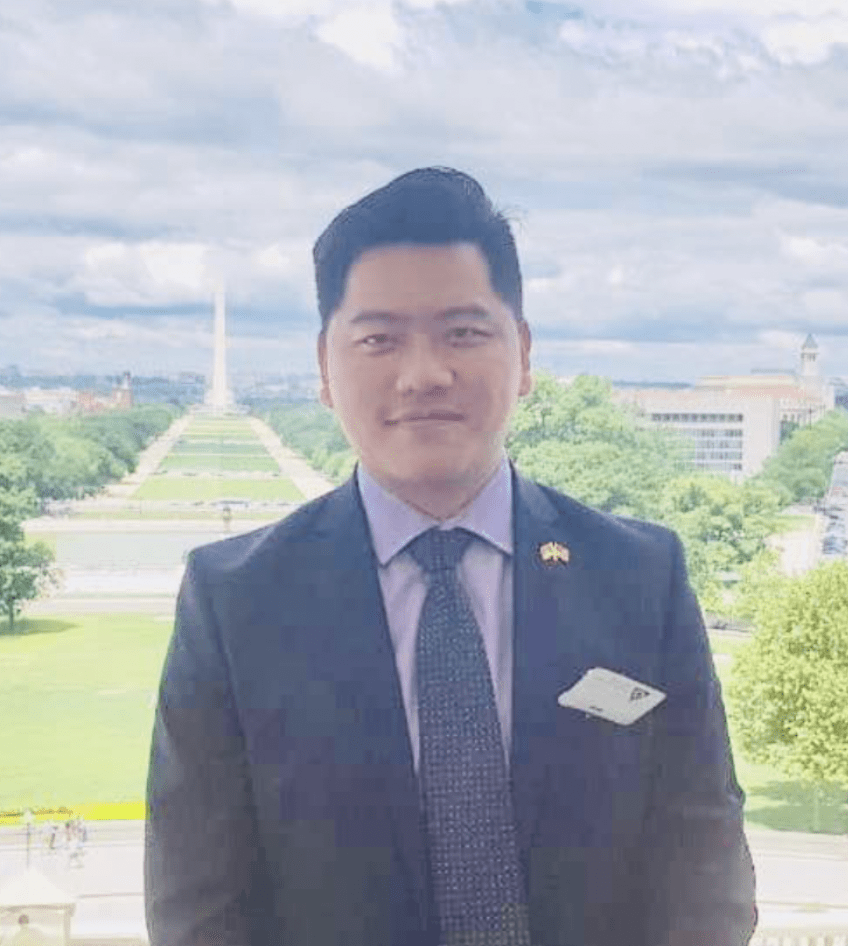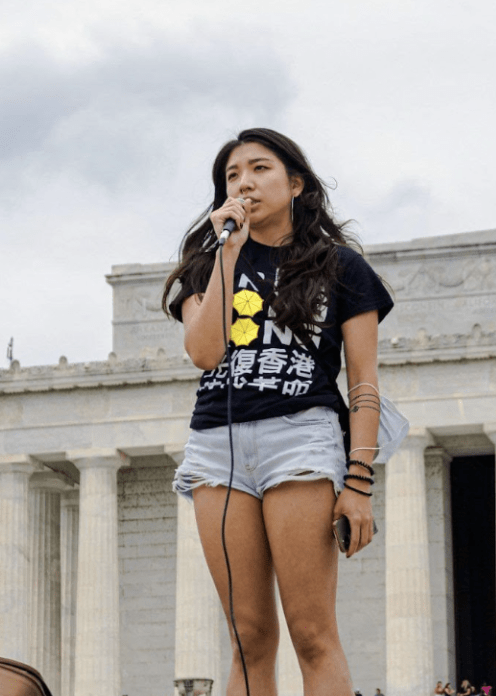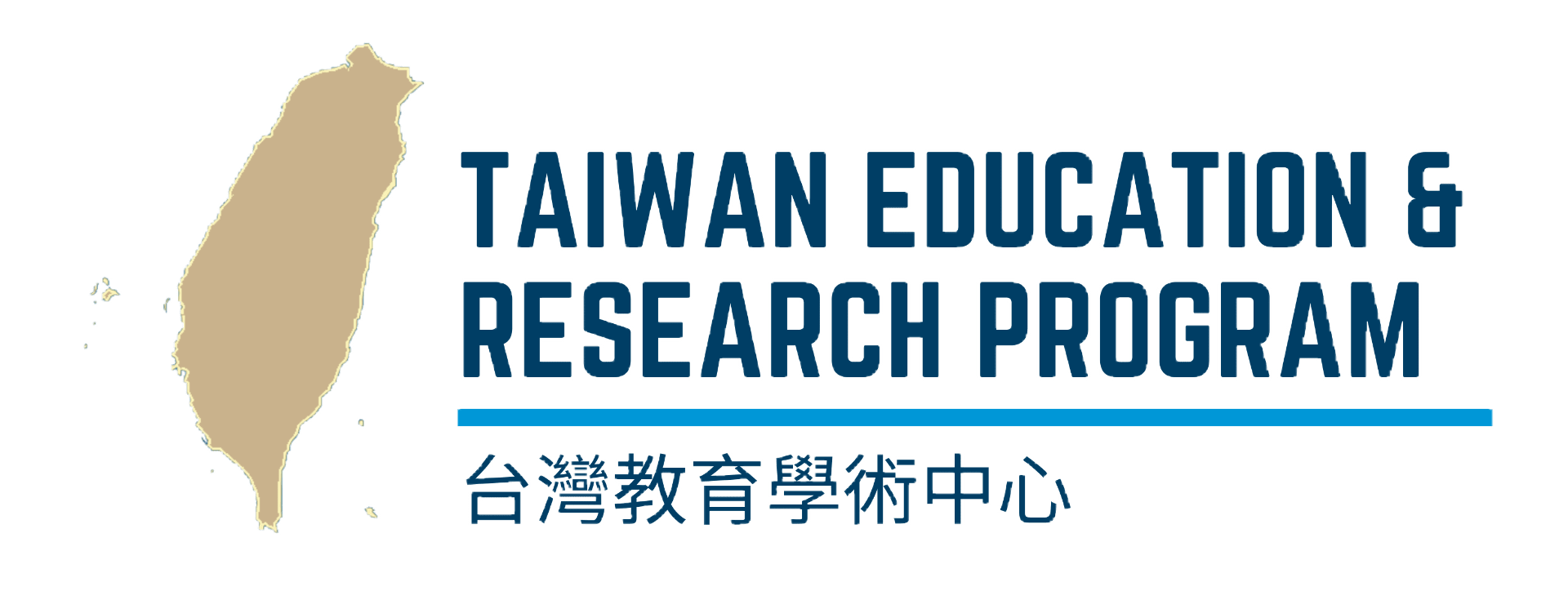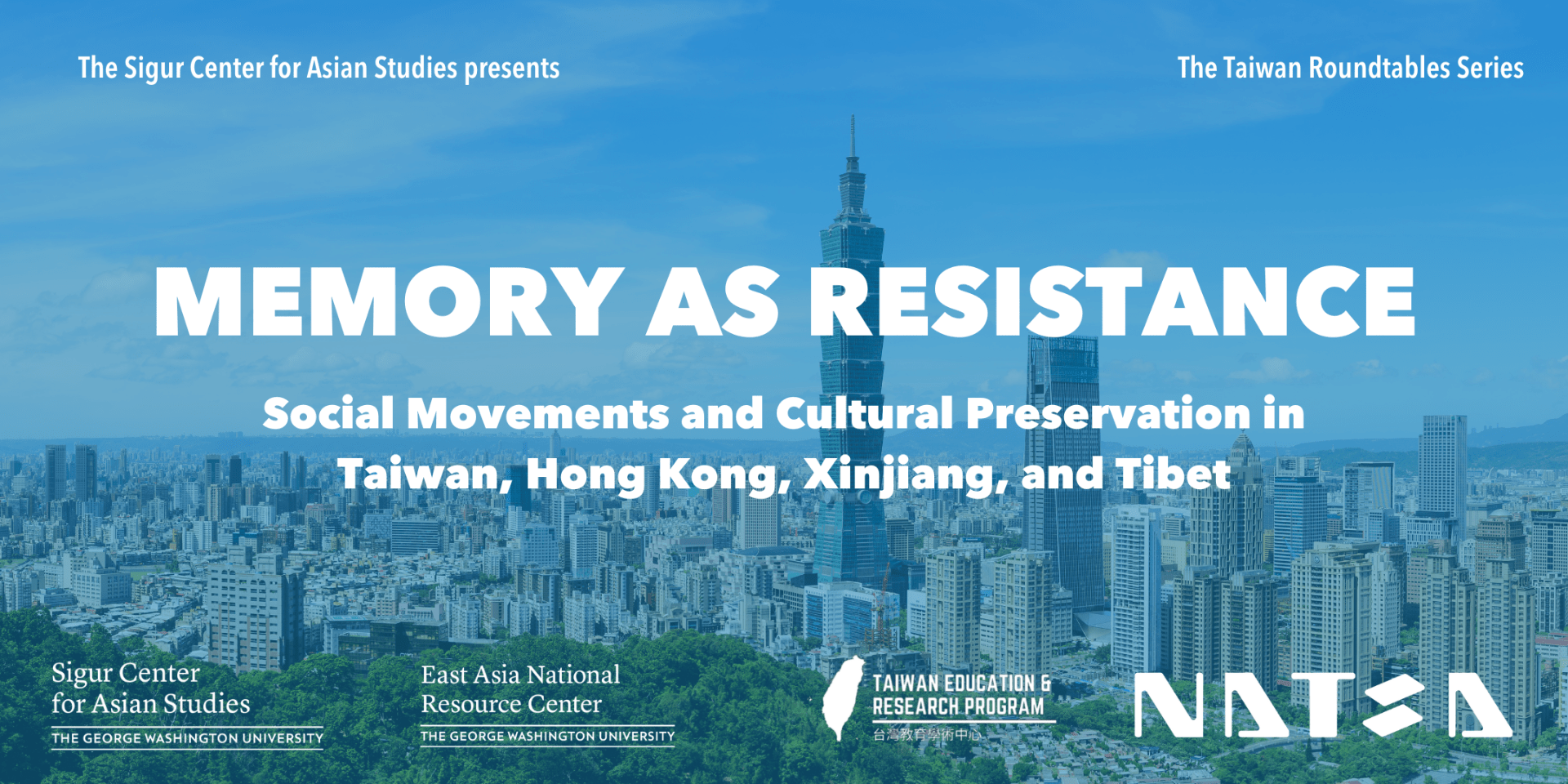Sunday, July 10, 2022
10:45 AM – 1:00 PM EDT
Lindner Commons (RM 602)
Elliott School of International Affairs
1957 E ST NW, Washington, DC 20052
AND Online
“The struggle of man against power is the struggle of memory against forgetting.” – Milan Kundera
Memory has always been an essential form of resistance against power and hegemony. Such was the case in Taiwan during its decades-spanning period of authoritarian rule. Since democratization in the 1990s, various social movements in Taiwanese society have made considerable efforts to tell the unspoken or erased stories forged under authoritarian rule as part of a larger unpacking of historical trauma and shaping of Taiwanese identity. On the other side of the Strait, political dissidents and ethnic minorities inside of the People’s Republic of China continue to struggle to protect and preserve their respective cultures, ways of living, and identities against the backdrop of the Chinese Communist Party’s conception of a unified “Chinese culture.” Specifically for Tibetans, Uyghurs, and Hong Kongers, those who are still in China are facing increased restrictions of political and cultural expression. Maintaining the social memories of their respective political identities, cultural practices, languages, and histories have thus become critically important to the work of diasporic communities.
The Sigur Center and the North American Taiwan Studies Association (NATSA) are co-hosting a hybrid in-person and virtual Roundtable event to examine the different experiences among Taiwanese, Hong Kong, Uyghur, and Tibetan social movements and to foster dialogue between activists and scholars to explore ways of resisting authoritarian suppression through the power of social memories.
This Roundtable is free and open to the public and media. A recording of the Roundtable will be made publicly available in the days following the event. Additional support for this event is provided by GW East Asia National Resource Center and the Taiwan Education & Research Program.
Panelists
Anna Kwok, Strategy and Campaign Director, Hong Kong Democracy Council (HKDC)
Eric Schluessel, Assistant Professor of History and International Affairs, GW
Tsultrim Gyatso, Chinese Liaison Officer, Office of Tibet
Moderator
June Lin, Local Director of NATSA 2022 and Senior Program Officer for the Asia Program at Freedom House
Speakers
Anna Kwok is the Strategy and Campaign Director at Hong Kong Democracy Council (HKDC), where she develops strategic frameworks and implementation plans for the organization’s key work streams.
During the 2019 movement, Anna has lead and organized several international media campaigns as an innovative force in the decentralized movement.
She received her B.S. of Media, Culture and Communication with a double major in Philosophy at the New York University, where she founded NYU Hong Kong Student Advocacy Group to organize advocacy events around New York City.

Eric Schluessel is a social historian of China and Central Asia, and his work focuses on Xinjiang (East Turkestan) in the nineteenth and twentieth centuries. Land of Strangers, his first monograph, uses local archival and manuscript sources in Chinese and Chaghatay Turkic to explore the ramifications of a project undertaken in the last decades of the Qing empire to transform Xinjiang’s Turkic-speaking Muslims into Chinese-speaking Confucians.
Schluessel is currently pursuing two research projects: Saints and Sojourners explores the economic history of the Uyghur region from the 1750s through the 1950s as seen from below, through the records of merchants, farmers, and managers of pious endowments. It ties changes at the village level to shifts in the global economy in places as far away as Manchester and Tianjin. Exiled Gods delves into Han Chinese settler culture and religion to illuminate the history of a diasporic community of demobilized soldiers and their descendants that spanned the Qing empire.

Tsultrim Gyatso was born in Tibet and escaped to India when he was thirteen years old. He immigrated to United States later and received his education in New York City. Tsultrim has been active in promoting youth involvement in the Tibetan Movement and he started engaging in Sino-Tibet dialogue when he was in High School. He is currently working as the Chinese Liaison Officer at the Office of Tibet, DC.
Moderator

June Lin is the 2022 NATSA Local Director and Senior Program Officer at Freedom House for Asia programs. Before her career in D.C., June was a Sunflower Movement activist with professional experience in the non-profit, political and legislative sectors in Taiwan. In 2016, June moved to Washington, D.C., joining the Formosan Association for Public Affairs as a Policy Associate, where she convened Taiwanese Americans’ grassroots efforts in promoting U.S.-Taiwan relationships through congressional advocacy. In 2018, she started her career in the democracy, human rights, and governance sector at Freedom House, focusing on supporting the civil society actors in China, Hong Kong and Taiwan, as well as other diasporic communities subjected to human rights atrocities. In 2020, she joined the International Republican Institute as a North Asia Program Coordinator before returning to Freedom House in 2021.







